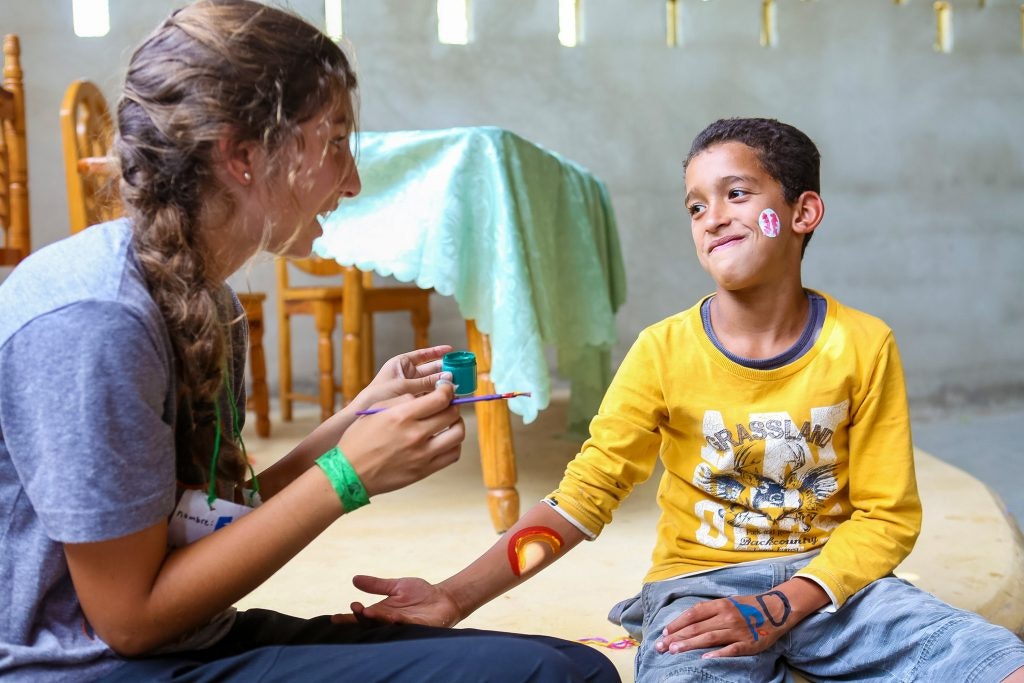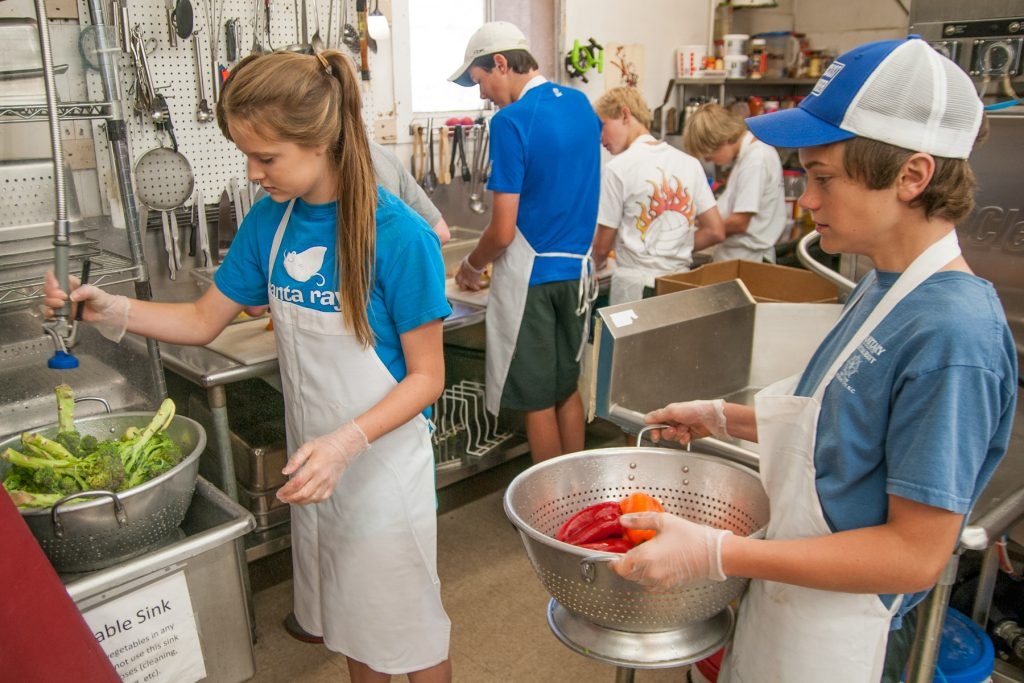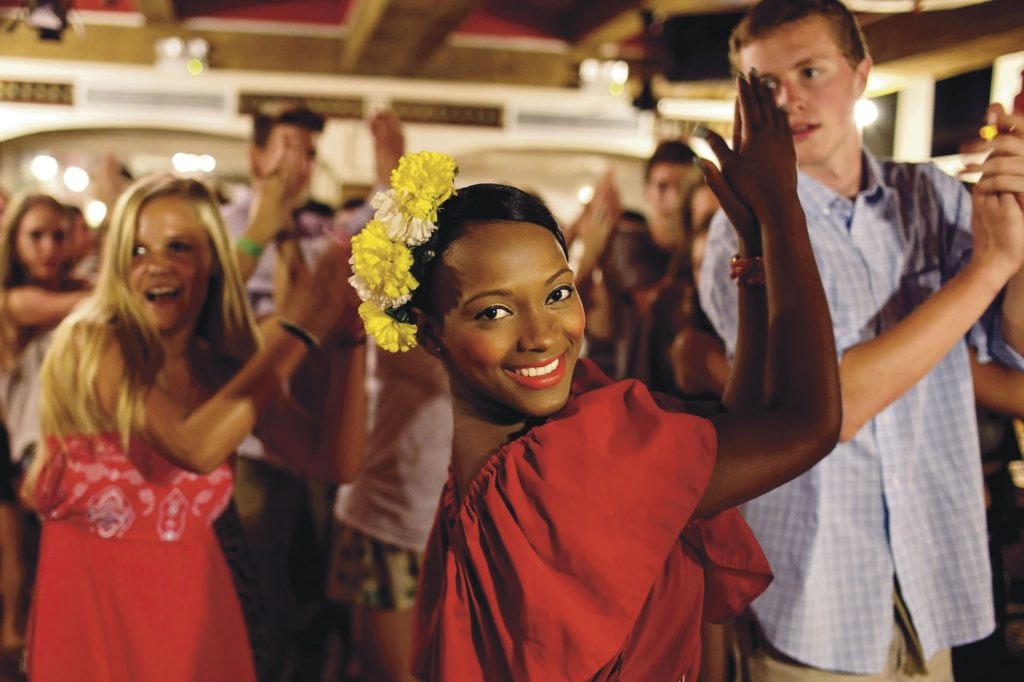







Are you a Spanish teacher considering an immersive travel experience for your students? One of the many benefits of exposing them to the target culture is the learning that continues in the classroom when you return.
Here are several ways for your students to engage deeply with your curriculum after their trip:
Rustic Pathways has been arranging homestays in Spanish-speaking countries for more than 10 years. Give your students the opportunity to showcase what they learned about family life in the country they visited.
Browse Rustic Pathways Homestay Programs
Ask beginners to draw a family tree, or árbol de la familia, and intermediate students to draw a picture or build a model of the house where they stayed. In each room of la casa, students could practice their Spanish vocabulary by labeling parts of the house, list chores they helped with during their homestay, or write about members of their homestay family.

When presenting their house project to the class, encourage students to speak and answer classmates’ questions in Spanish only. Depending on your school’s technology tools, a more advanced class could write an ePub book, for example, Mi Familia Peruana, to share with the class using an app like Book Creator. Students can upload photos from their homestay and record their voices in Spanish on each page.
After your trip, find out your students’ favorite dishes from the country’s cuisine and ask your school cafeteria to assist you in putting together a cooking lesson for them. Your students’ parents might be willing to donate the ingredients, and with the right organization, students could even prepare simple recipes directly in your classroom.
If it’s too challenging to prepare the recipe during the school day, assign students a recipe project. Ask them to pick their favorite dish, list the ingredients, and write the recipe in Spanish. More advanced students could also write an essay in Spanish about the history of the recipe. Assign a day for each group to present their food project to the class.

Students could also create a poster, write a blog post, or film a video demonstrating each step of the cooking process. Adapt this project for students of various levels, and the recipe portion is an ideal opportunity for students to practice command forms.
Assign students a research project about an artist from the country you visited that includes an essay about the artist’s life and their favorite work by that artist. If time permits, ask students to create their own rendering of their selected work or even dress up as the artist and speak from the artist’s point of view during their presentation of the project.
Many Rustic trips include opportunities to learn about music and dance. Find out if your school’s music teacher can offer a lesson about the instruments played in the country your students visited, or invite a dance teacher to share a bachata lesson.
Consider allowing your students to choose from any of these projects, and then plan a celebratory gathering with presentations and a gallery walk-through of the array of projects. Students who finish their projects early should collect classmates’ photos from the trip to create a slideshow to play during the celebration.

Invite your students’ parents, other teachers, and classes to enjoy the celebration. This gives students the opportunity to share what they learned during their trip with your broader school community, which is one of the most important outcomes following an international travel experience.
Learn more about how to create the perfect program for your students with Rustic Pathways Group Travel.